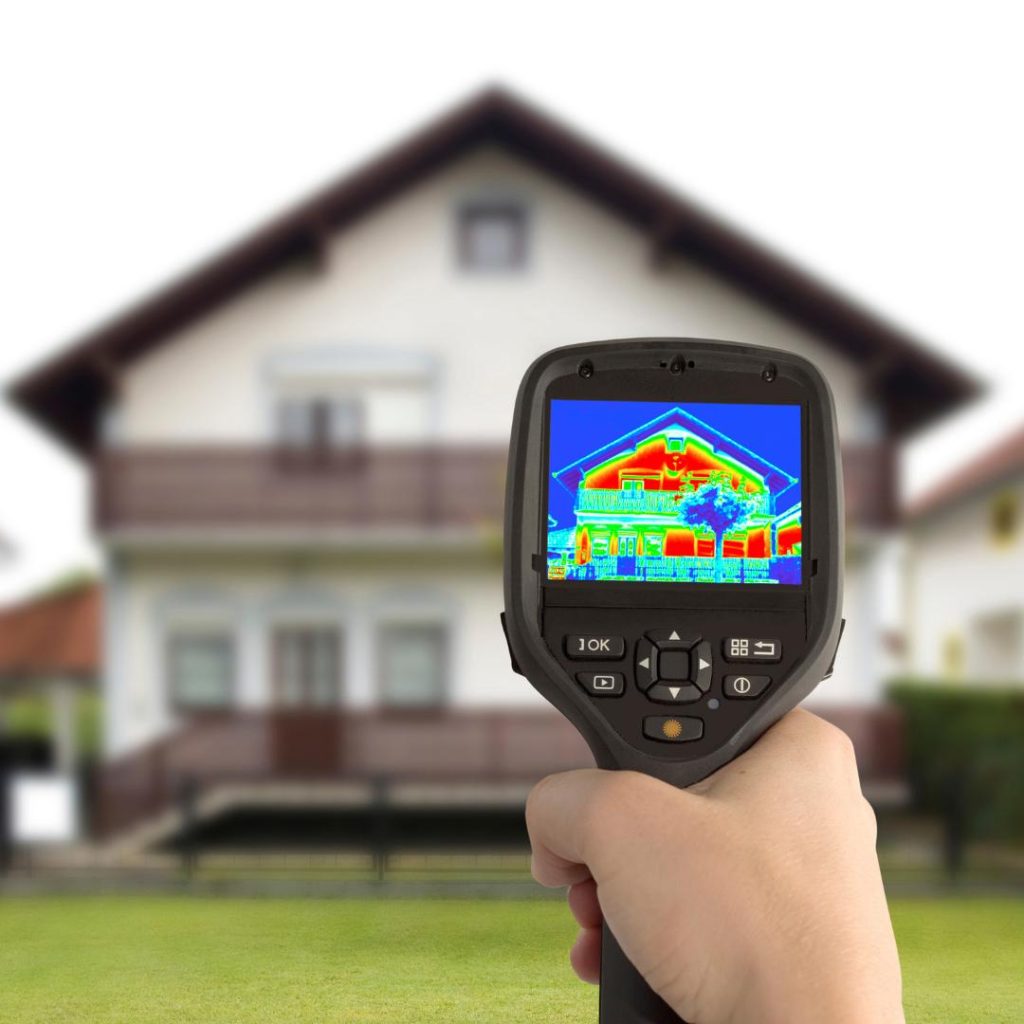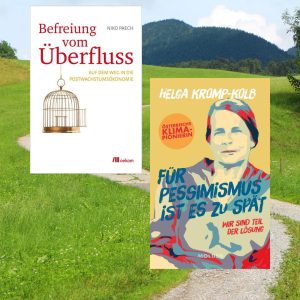GLOBAL 2000 analysis: Subsidies for thermal refurbishment and boiler replacement higher than ever before

New sample calculation shows the highest subsidy rate in Tyrol with up to 94% of the total costs of a comprehensive thermal refurbishment including boiler replacement.
The environmental protection organization GLOBAL 2000 presents an analysis of federal and provincial renovation subsidies. Federal and provincial subsidies can be combined, but there is currently no transparent, publicly available information on the total amount of subsidies. GLOBAL 2000 has therefore carried out a sample calculation. This shows that a lot of money can currently be obtained in total:
"The subsidies for thermal renovation and boiler replacement have never been as high as they are today. With estimated total costs of around 100,000 euros for a comprehensive refurbishment including boiler replacement, you can get between 58,000 and 93,800 euros, depending on the federal state. So if you have a poorly insulated building, an old oil heating system or a gas heating system, you should take advantage of this opportunity now! A secure, clean and affordable energy supply can be guaranteed in the long term by investing in building renovation," says Johannes Wahlmüller, climate and energy spokesman for GLOBAL 2000.
The federal government has significantly increased its subsidies for thermal refurbishment measures ('refurbishment bonus') and the replacement of fossil heating systems ('get out of oil and gas') as part of the renewable heat package at the start of 2024 and now subsidizes up to 50% of the costs of thermal insulation and window replacement and up to 75% of the costs of replacing heating systems in the form of one-off grants. However, these measures are not only funded by the federal government but also by the federal states. A combination of federal and state subsidies is possible.
In an analysis, GLOBAL 2000 has combined possible one-off subsidies for a typical example renovation of a detached house. Comprehensive thermal insulation, window replacement and conversion to a heat pump with deep drilling were assumed. The total costs are assumed to be 100,000 euros. The comparison shows that the renovation subsidies vary greatly depending on the federal state.
Comprehensive refurbishment and heating replacement with up to 94 % funding
The federal subsidy amounts to €58,000, which already covers more than half (58%) of the total renovation costs (€100,000). When federal and state subsidies are combined, the total subsidy is highest in Tyrol. There, a total of € 93,800 is granted as a one-off subsidy.
The subsidy in Styria is also comparatively high at € 86,500.
Vorarlberg (€83,600), Salzburg (€83,500) and Carinthia (€83,200) also receive well over three quarters of the costs, while the subsidy in Vienna (€68,800) and Upper Austria (€67,200) is significantly lower.
Burgenland (€61,500) is still ahead of Lower Austria, where one-off grants were abolished at the beginning of 2024. This means that Lower Austria can only fall back on the one-off grant from the federal government, which means that a grant of €58,000 (58%) can still be collected.
Funding for high-quality refurbishment of up to 90% of the refurbishment costs
The case was also examined in which a high-quality refurbishment (thermal insulation, window replacement) is carried out but the heating is not replaced. Costs of €60,000 are estimated for this. In this case, the federal subsidy amounts to €30,000, which already covers half of the costs for the thermal refurbishment measures.
When federal and state subsidies are combined, the total subsidy is also highest in Tyrol. There, a total of € 53,800, or 89.7% of the renovation costs, is granted as a one-off subsidy.
The subsidy in Vorarlberg is also comparatively high at €51,600 (86% of costs). More than three quarters of the costs are also covered in Carinthia (€49,200, 82%), Styria (€48,000, 77.5%) and Salzburg (€46,500, 78%), while the subsidy in Vienna (€40,800, 68%) and Upper Austria (€37,500, 62.5%) is lower, but still covers well over half of the renovation costs. In Burgenland and Lower Austria, if no loan is taken out, only the one-off grant from the federal government can be used.
Environmentalists call for a choice between one-off grants and loans
In the individual federal states, however, there are not only one-off grants, but also the possibility of obtaining subsidized loans. Burgenland and Lower Austria rely heavily on this model. This also creates an opportunity for people who are unable to finance the high investment sums in advance.
GLOBAL 2000 is in favor of freedom of choice here: "There should be funding opportunities in all federal states, both for citizens who need loans and for those who have saved something. The limited funding pots are also critical. This can mean that attractive subsidies are quickly used up and not everyone gets a chance," says Johannes Wahlmüller, climate and energy spokesperson for GLOBAL 2000.
In addition to subsidies, a legally binding phase-out of fossil fuels is necessary
At the same time, GLOBAL 2000 points out that there is no guarantee that these high subsidies will be provided in the long term. In the interests of a predictable energy transition, a legal framework should therefore be created to ensure that buildings are renovated and all fossil fuel boilers are replaced by 2040. The Renewable Heat Act, which was largely canceled by the federal government, is therefore still necessary.
However, the federal states also have leeway: "Each individual federal state is now required to define a clear phase-out plan for fossil fuel heating appliances and to make it legally binding. If the high subsidies are not permanently available, the energy transition will quickly come under threat. Furthermore, those who rent do not benefit to the same extent as those who own and can now access attractive subsidies," concludes Johannes Wahlmüller.
The study can be downloaded here.






